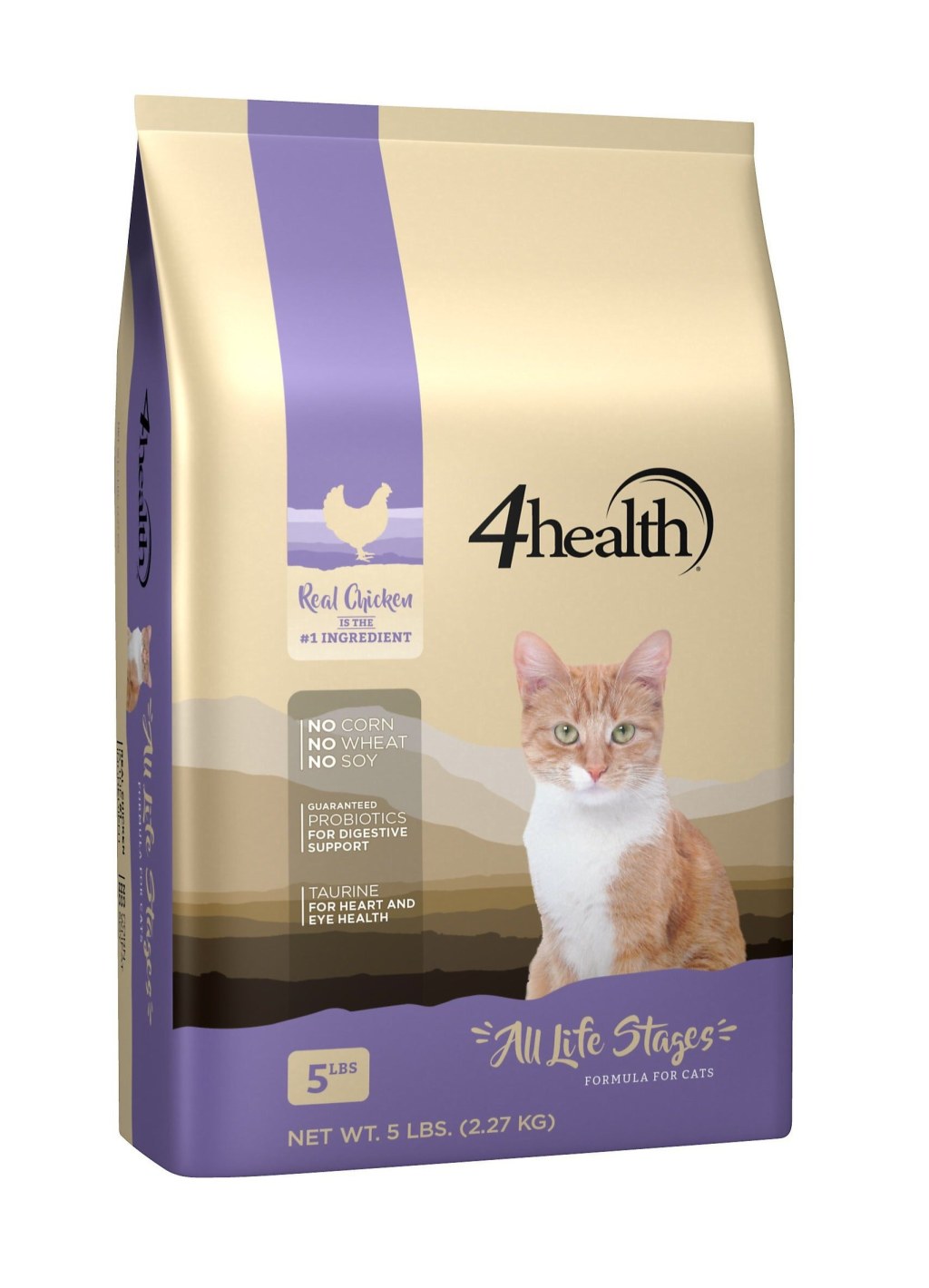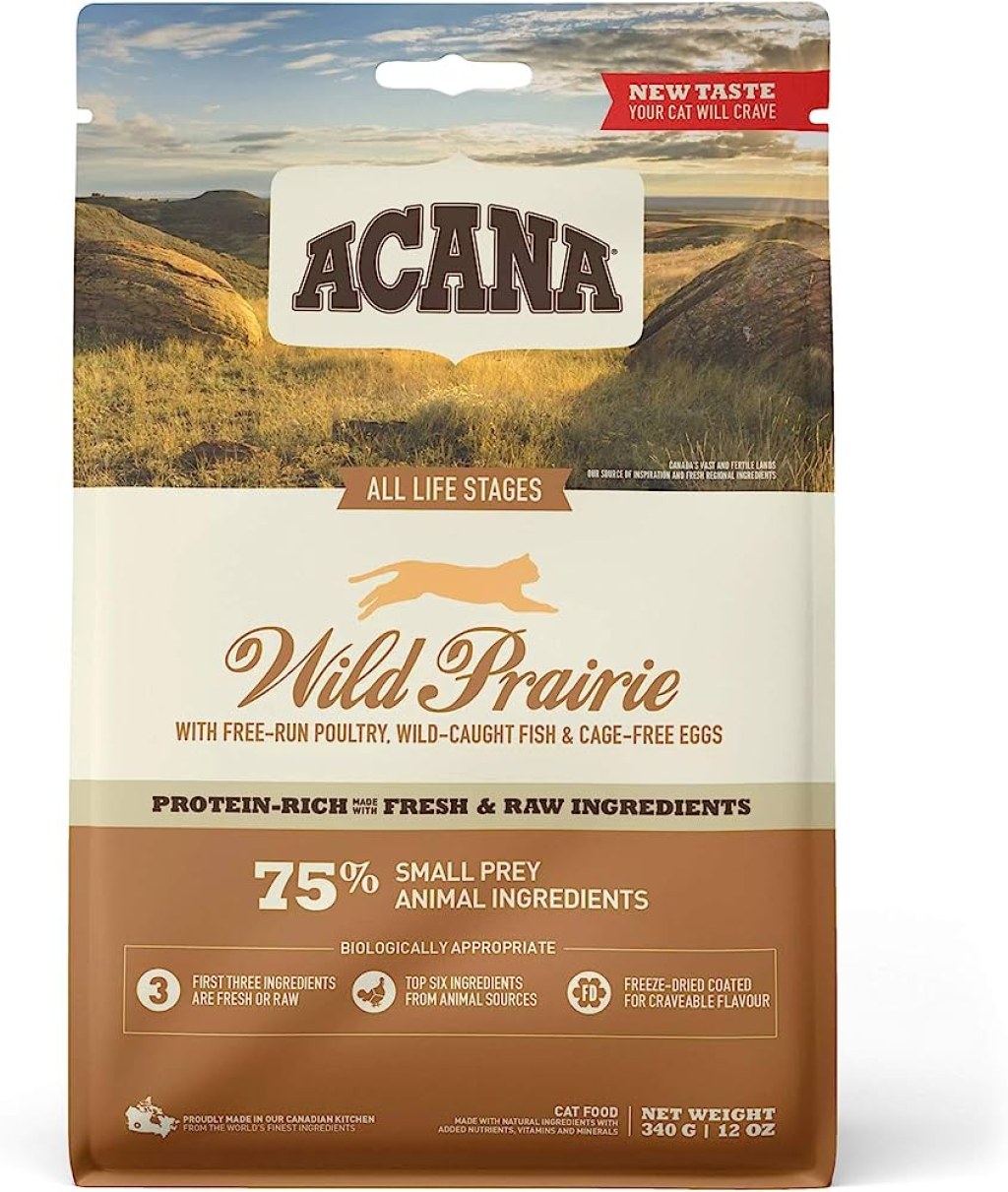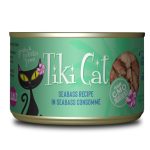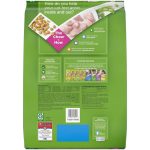Ultimate Nourishment: Cat Food For All Life Stages – Unleash The Purrfection!
Cat Food for All Life Stages: Providing Optimal Nutrition for Your Feline Friend
Introduction
Hello, Cats Lover! As a devoted cat parent, you want nothing but the best for your furry companion. One essential aspect of caring for your cat is providing them with the right nutrition throughout their life stages. Feeding your cat a well-balanced diet is crucial for their overall health and well-being. In this article, we will explore the importance of cat food for all life stages and how it can benefit your feline friend.
3 Picture Gallery: Ultimate Nourishment: Cat Food For All Life Stages – Unleash The Purrfection!



What is Cat Food for All Life Stages?
Cat food for all life stages is specially formulated to meet the nutritional requirements of cats at every stage of their lives. Whether you have a playful kitten, an adult cat, or a senior feline, this type of food ensures that they receive the necessary nutrients to thrive. It is designed to support their growth and development during the early stages, maintain their health during adulthood, and cater to their changing needs as they age.
Who Can Benefit from Cat Food for All Life Stages?

Image Source: scene7.com
Cat food for all life stages is suitable for cats of all ages. This includes kittens, adult cats, and senior felines. Kittens require a higher amount of protein and calories to support their rapid growth and energy needs. Adult cats need a balanced diet to maintain their weight and overall health. Senior cats may have specific dietary requirements to address age-related issues such as joint health or reduced activity levels. Cat food for all life stages caters to the unique needs of each life stage.
When Should You Transition to Cat Food for All Life Stages?
Transitioning to cat food for all life stages depends on the individual cat. Typically, kittens can start eating this type of food around 12 months of age. However, it is essential to consult with your veterinarian to determine the right time for your cat’s transition. Some factors to consider include their breed, size, health condition, and activity level. Your veterinarian can provide personalized advice to ensure a smooth and healthy transition.
Where to Find Cat Food for All Life Stages?

Image Source: petsense.com
Cat food for all life stages is widely available in pet stores, veterinary clinics, and online retailers. It is important to choose a reputable brand that uses high-quality ingredients and follows industry standards in manufacturing. Consult with your veterinarian for recommendations tailored to your cat’s specific needs. They can guide you in selecting the right cat food for all life stages that suits your budget and meets your cat’s nutritional requirements.
Why Choose Cat Food for All Life Stages?
The primary reason to choose cat food for all life stages is to ensure that your cat receives a balanced and complete diet throughout their life. This type of food is specially formulated to meet the specific nutritional needs of cats at each stage, providing them with the essential vitamins, minerals, and macronutrients they require for optimal health. By feeding your cat food for all life stages, you can have peace of mind knowing that you are providing them with the best possible nutrition.
How to Choose the Right Cat Food for All Life Stages?

Image Source: media-amazon.com
Choosing the right cat food for all life stages involves considering several factors. Look for a brand that uses high-quality protein sources, such as chicken or fish, as the primary ingredient. Avoid foods that contain excessive fillers or artificial additives. Check the guaranteed analysis on the packaging to ensure that the food meets the minimum nutritional requirements set by regulatory bodies. Additionally, consider your cat’s specific needs, such as allergies or sensitivities, and choose a formula that addresses those concerns.
Advantages and Disadvantages of Cat Food for All Life Stages
Advantages:
1. Simplifies feeding routine: With cat food for all life stages, you don’t have to switch between different formulas as your cat ages.
2. Ensures balanced nutrition: This type of food is formulated to meet the specific needs of cats at different life stages, providing them with essential nutrients.
3. Convenient and cost-effective: Investing in cat food for all life stages eliminates the need to purchase separate formulas, saving you time and money.
4. Supports overall health: By feeding your cat a well-balanced diet, you can contribute to their overall health, including a healthy coat, strong immune system, and proper weight management.
5. Enhances digestion: High-quality cat food for all life stages often contains added fiber and probiotics, promoting healthy digestion in your feline friend.
Disadvantages:
1. May not suit individual needs: Some cats may have specific dietary requirements or health conditions that necessitate a specialized diet.
2. Cost considerations: While cat food for all life stages offers convenience, it may be pricier compared to single-formula cat foods.
3. Taste preferences: Cats can be picky eaters, and they may not enjoy the flavor or texture of certain cat food for all life stages formulas. It may require experimentation to find the one that your cat loves.
Frequently Asked Questions (FAQ)
1. Is cat food for all life stages suitable for cats with allergies?
Yes, there are hypoallergenic cat food options available within the category of cat food for all life stages. These formulas are specifically designed to address common allergies in cats, such as grain or protein allergies.
2. Can I mix cat food for all life stages with other formulas?
While it is generally recommended to feed your cat a consistent diet, you can mix cat food for all life stages with other formulas temporarily. However, consult with your veterinarian before making any dietary changes.
3. Can senior cats with dental issues eat cat food for all life stages?
Some cat food for all life stages formulas offer dental benefits, such as kibble size and texture that promote dental health. However, if your senior cat has severe dental issues, consult with your veterinarian for appropriate dietary recommendations.
4. Is it normal for my cat to gain weight on cat food for all life stages?
Weight gain can occur if you overfeed your cat or if the formula’s calorie content exceeds their energy needs. Ensure you are feeding the appropriate serving size and consult with your veterinarian if weight gain persists.
5. Can I switch my cat’s food to cat food for all life stages abruptly?
It is generally recommended to transition your cat’s food gradually over a period of 7-10 days. This helps prevent digestive upset and allows your cat’s system to adjust to the new food. Follow the specific transition guidelines provided by the cat food manufacturer.
Conclusion
In conclusion, cat food for all life stages is an excellent choice for providing your cat with optimal nutrition throughout their life. By selecting high-quality formulas and following feeding guidelines, you can ensure that your feline friend receives the necessary nutrients for growth, health maintenance, and aging gracefully. Consult with your veterinarian for personalized advice and make the switch to cat food for all life stages to give your cat the best chance at a long, healthy life.
Final Remarks
Disclaimer: The information provided in this article is for educational purposes only and should not substitute professional veterinary advice. Every cat is unique, and their dietary needs may vary. Consult with your veterinarian for personalized recommendations tailored to your cat’s specific needs and health condition.
This post topic: Cats


